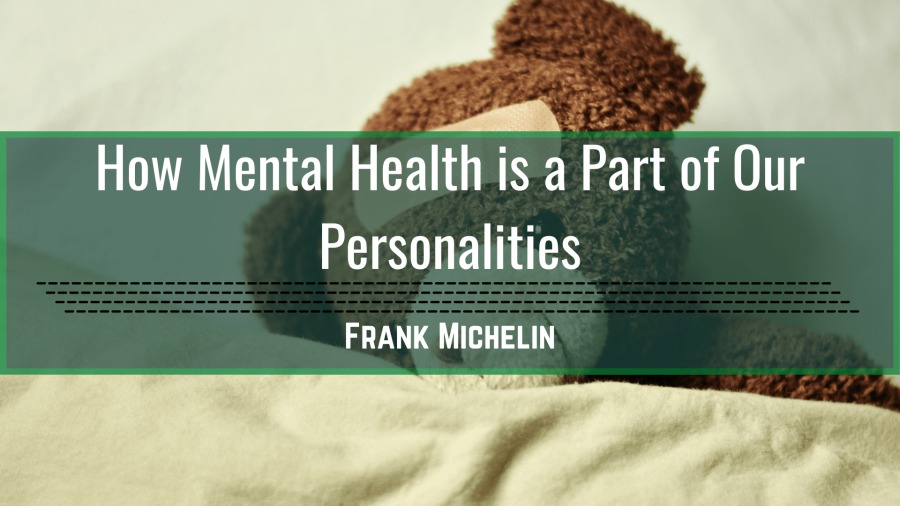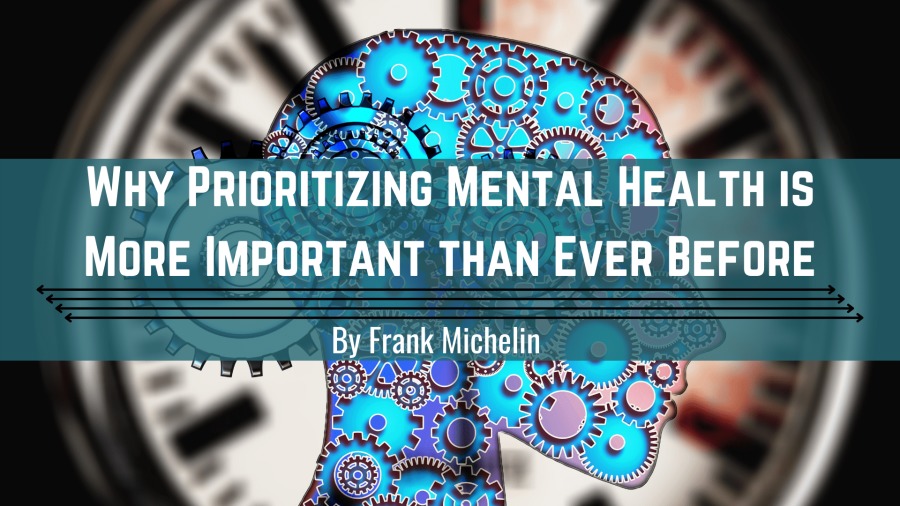How Mental Health is a Part of Our Personalities

In research by King’s College London, researchers found that an accurate personality test can tell a lot more about a person’s potential mental health than an actual clinical test. Shortening a 172-item personality test called the Trait Self-Description Inventory (TSDI) to 50 questions, researchers administered is to a sample of 8500 participants. Alongside it, they tested participants for mood disorders and depressive symptoms with their respective tests.
The TSDI is based on the classic, and most accepted personality model: The Five-Factor Model. It assesses personality across five primary traits: Openness to Experience, Conscientiousness, Extraversion, Agreeableness, and Neuroticism. Upon reaching the end, participants receive an individualized profile with more information about their personalities.
So how do these personality traits relate to mental health?
Much research has shown that scores on each of these traits are highly correlated with risks of certain mental health conditions. This study itself confirms that hypothesis. For example, those who have a high neuroticism score and are lower in extraversion were more likely to score higher on the mental health tests, particularly that of depression. While this doesn’t mean all people with that profile have depression, it may signify a higher risk than average. In other words, the TSDI proves to be a sound way to assess and detect risk for certain mental health conditions.
The question is: Why not just use the mental illness tests to figure out one’s mental health issues?
An interesting thing happens when one takes such a test. Usually, they may react negatively if they affirm that their answers skew towards the possibility of the mental illness in question. For example, if someone scores in the upper range of depression or anxiety tests, they may feel as though their responses confirm their diagnosis. Unfortunately, that in itself may lead to worse symptoms.
With a personality test, it becomes possible to test one’s vulnerability to mental disorders without influencing their own perceptions of their mental health. It produces more accurate self responses.
Overall, mental health is a facet of our personalities insomuch that certain traits may open us to chances to develop symptoms of a mood disorder. Otherwise, neither personality nor one’s mental health is permanent or set in stone in our genes.
Originally published to frankmichelin.com.
Articles from Frank Michelin
View blog
Fitness trackers are a popular way for people to make sure they stay active, but they may actually d ...

When planning a workout program, it’s typical to organize your workouts by the week. For example, yo ...

Although it’s a myth that suicide rates go up during the holiday season, mental health is still a bi ...
You may be interested in these jobs
-
Commis au traitement de données
Found in: Talent CA C2 - 2 days ago
Metro Quebec City, Canada PermanentCatégorie d'emploi: Centre de distribution Division: Qc - Distribution Québec Département: Logistique et distribution Sommaire : · Effectue les différentes tâches informatiques et cléricales nécessaires pour relâcher les commandes servant à la préparation et à la fermeture ...
-
administrative assistant
Found in: Talent CA 2 C2 - 4 days ago
2416775 Alberta Ltd Edmonton, CanadaEducation: Secondary (high) school graduation certificate · Experience: 1 year to less than 2 years · Tasks · Train other workers · Determine and establish office procedures and routines · Schedule and confirm appointments · Answer telephone and relay telephone calls and messages ...
-

Nursing Unit Assistant
Found in: Talent CA C2 - 2 days ago
Interior Health Authority Penticton, Canada RELIEF Part time (0.94 FTE)Penticton Regional Hospital has an exciting opportunity for a Relief Part-time Nursing Unit Assistant to join their team Hours of work are rotating days – 09:00 to 17:00, 08:00 to 16:00. · What we offer: · •Employee & Family Assistance Program · •Employer paid training/education ...


Comments